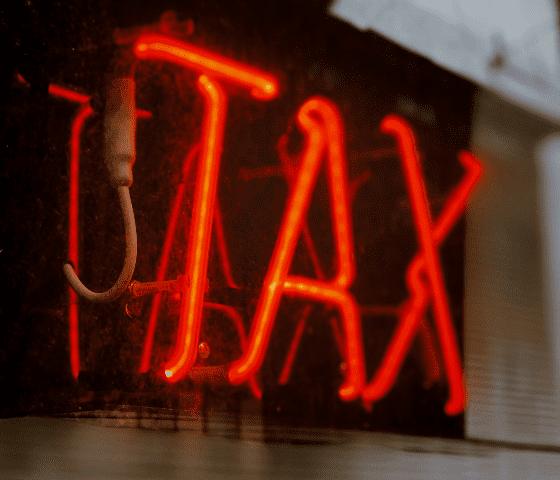
New tax on Canadian share buybacks at 2% value to impact firms, investors prep for potential retroactive implementation. (Morningstar)
A fresh tax regulation affecting Canadian companies engaging in share repurchases is poised to be implemented from January 1.
The impending tax, initially proposed in the 2023 federal budget and currently in its initial stages in the House of Commons, targets publicly traded Canadian firms. These companies would face a two percent tax on the value of equities repurchased within a year.
Jonathan Willson, a Tax Group partner at Stikeman Elliott, highlighted that although the law might not be immediately enacted, companies are gearing up for its potential retroactive application starting next year.
Speaking to BNN Bloomberg, Willson shed light on the government's intentions behind the legislation. He mentioned that the tax aims to impose a toll charge on public issuers holding surplus cash that could otherwise be reinvested, effectively regulating the outflow of funds from the system.
The proposed tax would extend to publicly traded corporations, Real Estate Investment Trusts (REITs), and specific other publicly listed partnerships or trusts, encompassing a relatively broad range of entities.
Willson emphasized that the legislation has undergone amendments since its introduction, ensuring its alignment with policy objectives. He clarified that the tax targets substantial issuer bid buybacks primarily, excluding certain repurchase transactions like corporate reorganizations or spinouts.
Regarding the impact on investors, Willson indicated that the tax is unlikely to affect investors in mutual funds or Exchange-Traded Funds (ETFs). Moreover, he highlighted that companies would directly bear the levy, rather than shareholders. However, he suggested potential alterations in the pricing or frequency of buybacks by companies in response to the tax burden, ultimately affecting shareholders' returns.
Willson expressed skepticism about companies adjusting prices to offset the tax, stating that the imposed toll might diminish returns distributed to shareholders, impacting the actual amount returned to them.
The evolving tax legislation underscores the government's efforts to regulate cash outflows from corporations through buyback transactions while aiming to avoid penalizing companies utilizing buybacks for reinvestment purposes. As the proposed law navigates legislative procedures, companies are bracing themselves for potential retroactive implications starting next year.















